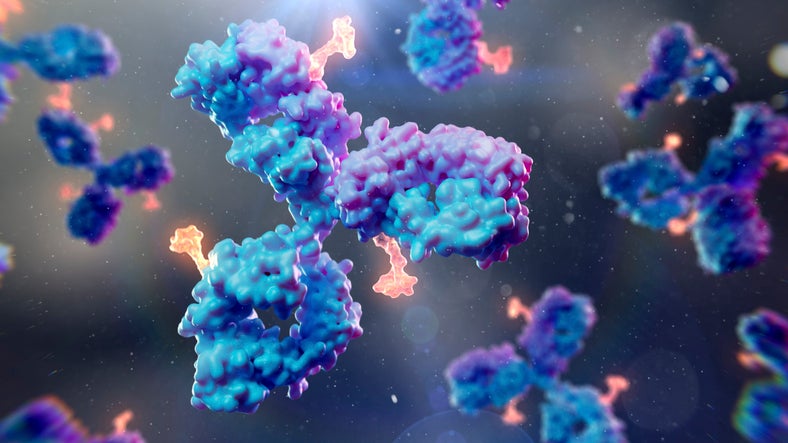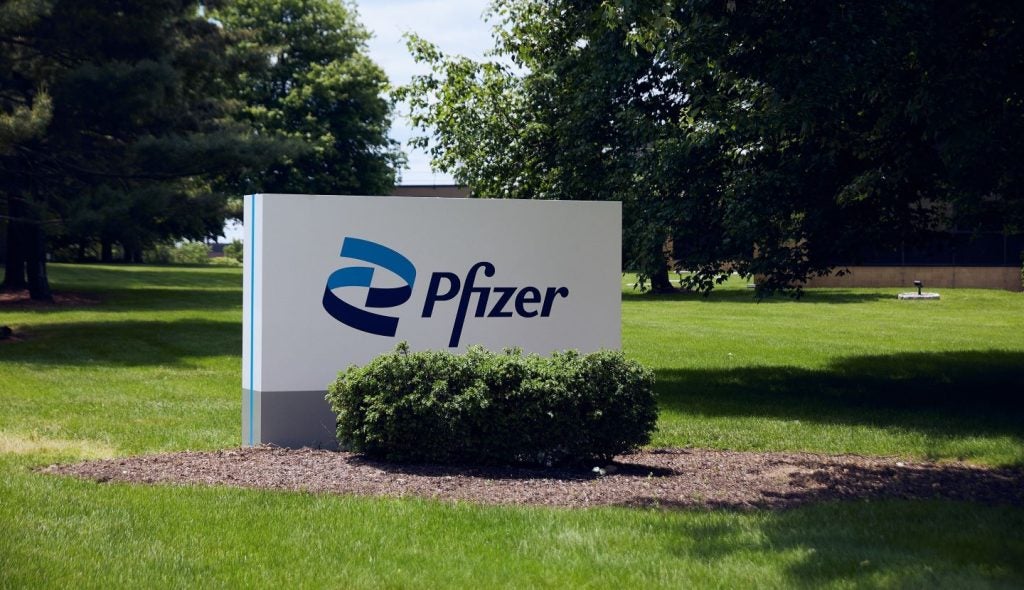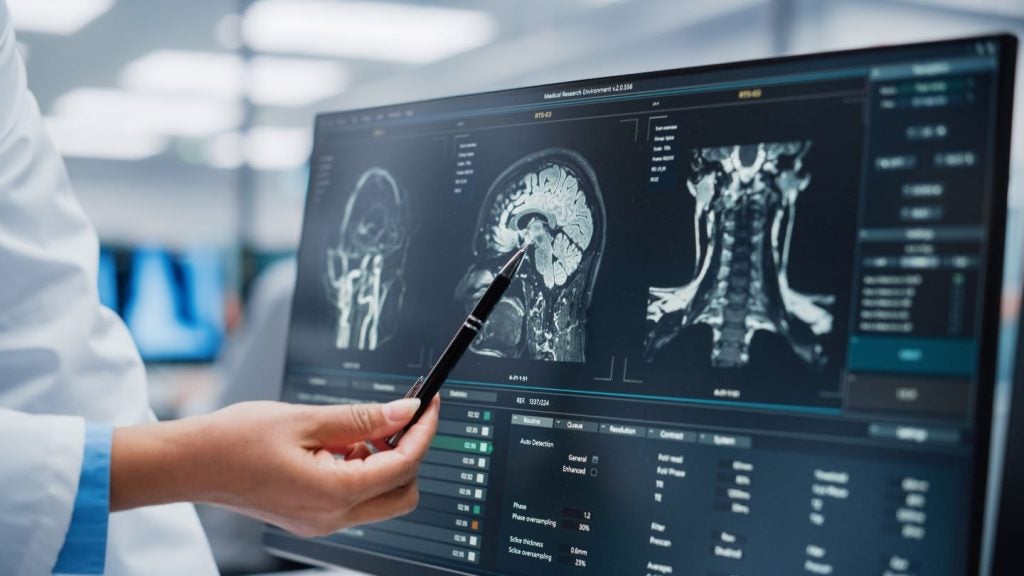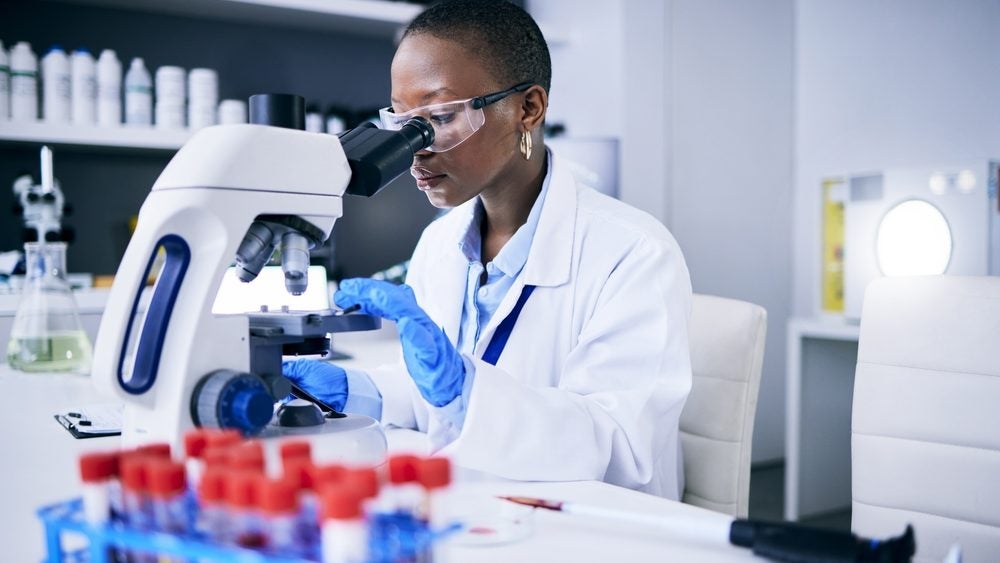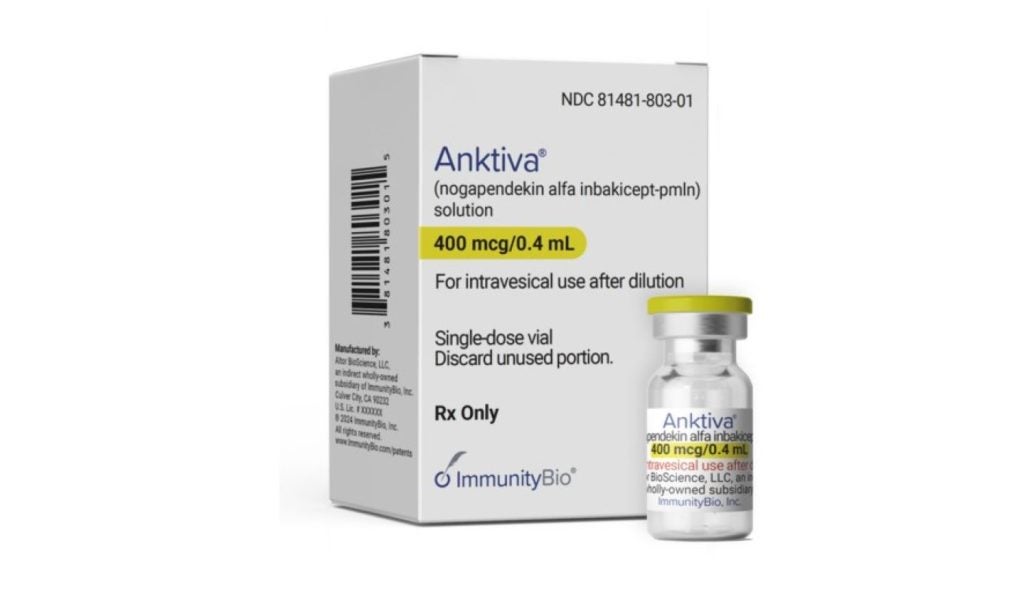As antibody-drug conjugates (ADCs) rise in popularity within the pharmaceutical sector, innovation may also soon follow, said Dr. Carl Deutsch, chief scientific officer at the Swiss Biotech NBE Therapeutics.
At the ongoing Swiss Biotech Day conference, key opinion leaders discussed future trends for ADCs—currently a popular area driving several high-profile deals— and remaining questions surrounding the modality at panel named “ADCs and Beyond”. The rising interest in ADCs was illustrated by the overwhelming number of panel attendees who spilled out of the small conference room, ready to hear more about the therapeutic approach.
The conference is taking place 22-23 April in Basel, Switzerland.
Currently, most ADCs are made up of an antibody, a cytotoxic payload and a chemical linker. Frederic Ley, CSO at Debiopharm, predicted that more ADC innovation may come in the form of using different payloads for the therapies. However, he highlighted cost as a potential bottleneck. He also forecasted that there would be more biotechs investigating ADCs with more than one antibody in their compositions, but said that it would be important to maintain potency with this new formation.
Christoph Schafer, CEO at CIS Biopharma, added that “new targets” could also be the next drivers of innovation for the ADC industry.
Thus far, the US Food and Drug Administration (FDA) has approved 13 ADCs, with blockbusters such as Gilead Sciences’ Trodelvy (sacituzumab govitecan) and Daiichi Sankyo and AstraZeneca’s Enhertu (trastuzumab deruxtecan) driving major sales in the oncology space. GlobalData predicts that global sales for the two drugs could surpass $11bn and $3bn in 2030 respectively.
GlobalData is the parent company of Pharmaceutical Technology.
Last year, the ADC space also propelled pharma dealmaking with companies like Pfizer and AbbVie adding to their oncology portfolios with multibillion-dollar agreements. The trend has continued into 2024, as Genmab announced a recent $1.8bn ADC deal with Profound Bio and Ipsen signed a $900m contract for Sutro Biopharma’s ADC STRO-003.
Deutsch explained the sector’s long-term attraction to the modality by saying, “After ADCs pass the patent cliff, they are still able to maintain a high value.” Furthermore, he pointed out that such therapies would be less affected by the US Inflation Reduction Act due to their status as biologics.


